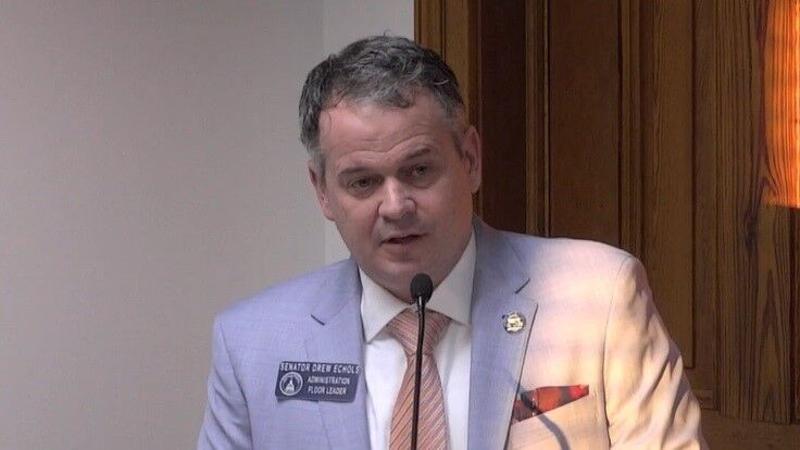(The Center Square) – A Senate committee greenlighted a study committee on Georgia’s tourism industry as upcoming events put a spotlight on the Peach State.
Atlanta will host eight World Cup games in 2026, and the Super Bowl returns in 2028.
The World Cup is predicted to generate $4.6 million in global media exposure for the state, according to Senate Resolution 323, sponsored by Sen. Drew Echols, R-Alto.
The goal of the study committee is to make Georgia the No. 1 state in the country for tourism.
“Clearly, agriculture is the number one industry in the state of Georgia,” Echols told the Senate Committee on Economic Development and Tourism on Wednesday. “It’s debatable whether tourism is number one or number two but it’s a big industry supporting over 400,000 jobs. In 2023, there was about $5 billion in state and local taxes that come from tourism.”
The state’s entertainment industry is drawing visitors, but there are other opportunities, according to Committee Chairman Brandon Beach, R-Alpharetta.
“I really think we could look at medical tourism,” Beach said. “There’s no reason people should not be flying here to get medical care and staying in hotels and eating in our restaurants. We’ve got some of the best health care in the world and we don’t market it as we should and I want us to look at that in this committee.”
In other action, the committee moved a bill that would advance historic rehabilitation tax credits for residents within a 10-mile radius of Atlanta’s Cabbagetown community. Rep. Chuck Efstration, R-Dacula, said allowing residents to use the credits in tax year 2026 instead of future years as originally intended has its benefits, even if something happened to the structures, like a fire.
“You are going to have a significant spending around those projects, you’re going to have considerable investment, you’re going to have obviously insurance for the projects,” Efstration told the committee. “If things were to take a turn, my view is the original intent is still being met because we’re not increasing the state’s obligation for those future years.”










